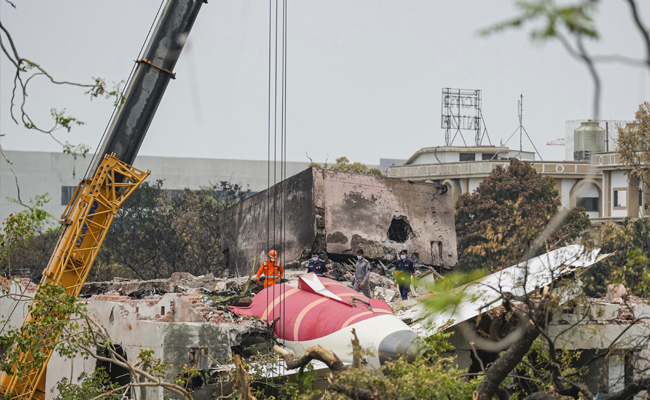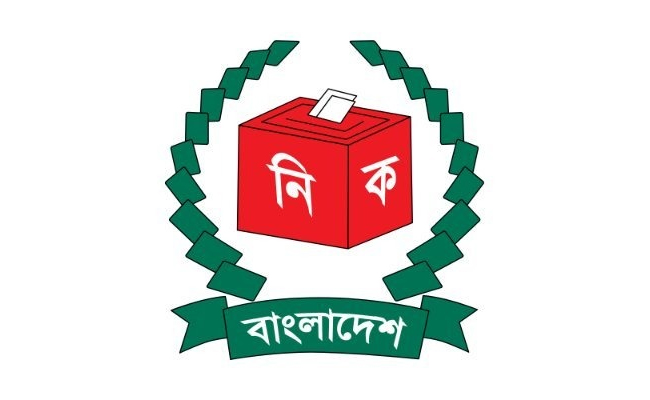Bengaluru, Feb 12: The declining trend in daily COVID-19 infections continued in Karnataka on Saturday with the state logging 3,202 new cases and 38 fatalities taking the aggregate and toll to 39,24,297 and 39,613 respectively, the state health department said.
In its COVID-19 bulletin, the department said 8,988 people were discharged, taking the total number of recoveries to 38,45,903. Active cases stood at 38,747.
Bengaluru urban district reported 1,293 infections and 10 deaths.
Other districts too logged fresh cases including 250 in Belagavi, 197 in Mysuru, 155 in Shivamogga, 142 in Tumakuru and 126 in Ballari.
There were deaths reported in 19 districts, including four in Dakshina Kannada, three in Haveri and two each in Ballari, Bidar, Dharwad, Mysuru, Raichur and Tumakuru.
There were zero deaths in 12 districts.
The positivity rate for the day was 2.95 per cent and the case fatality rate was 1.18 per cent.
As many as 1,08,534 tests were conducted including 81,798 RT-PCR tests taking the total tests to 6.33 crore so far.
There were 1,12,406 inoculations done taking the total vaccinations so far to 9.82 crore, the department added.
To view today's health bulletin: CLICK HERE
Let the Truth be known. If you read VB and like VB, please be a VB Supporter and Help us deliver the Truth to one and all.
New Delhi (PTI): With a new, stringent system to establish user identity, the number of new user IDs being added daily on the IRCTC website has declined to about 5,000 from nearly one lakh, officials said on Saturday.
Union Railway Minister Ashwini Vaishnaw noted that the crackdown by Indian Railways on train ticket booking through fake identities is yielding positive results, according to a press note.
Before the latest reforms, this number had touched nearly one lakh new user IDs per day, it said.
"Following the introduction of a stringent system to establish user identity and detect fake IDs, about 5,000 new user IDs are now being added daily on the IRCTC website," the note said.
The officials stated that these steps have already helped Indian Railways deactivate 3.03 crore fake accounts.
"Another 2.7 crore user IDs have either been temporarily suspended or identified for suspension based on the suspicious activities they are indulging in," they said.
The Union minister directed officials to ensure that the ticketing system is reformed to a level where all travellers are able to book tickets easily through a real and genuine user ID, the press note added.
Additionally, Railway Minister Ashwini Vaishnaw has directed officials to provide local cuisine of the region in Vande Bharat trains.
Introducing local cuisine that reflects the culture and tastes of the regions being traversed will significantly enhance the passenger experience, officials said.
This facility will be expanded to all the trains progressively in future, they added.




